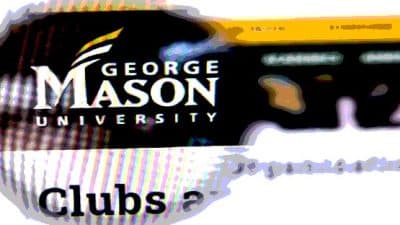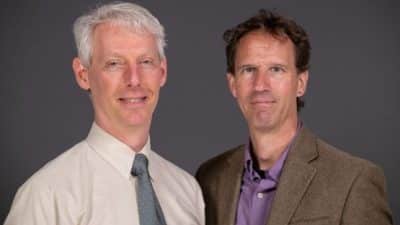
Epilepsy affects more than 3 million people in the U.S., or about 1 percent of the population, and is one of the most common neurological disorders.
Epilepsy can develop at any age, but is most common in the very young and the very old. Epilepsy is characterized by surges of electrical activity in the brain, which can result in recurring seizures. Causes vary and include traumatic injury and genetic conditions.
Individuals with epilepsy are at increased risk of early death. One in 1,000 individuals with the disorder experience a sudden, unexpected death. Research has shown that people with epilepsy do not always receive treatment. A recent study found that one-third go untreated for three years after a diagnosis.
Although incurable, epilepsy can be treated at facilities like the Sentara Epilepsy Center in Norfolk. The center earned the accreditation in March for advanced care offered to epilepsy patients.
“We all love what we do and we always strive to offer the best care we can,” said Dr. Daniel Graf, a neurologist and the medical director of the Sentara Epilepsy Center. “This Level 4 designation is recognition that we’re offering the best care available.”
As part of the three-year process to become a Level 4 Center, the Sentara Epilepsy Center demonstrated the capacity to provide the most complex forms of monitoring and treatment, including a range of surgical procedures.
“Many people have epilepsy and don’t seek out treatment because they don’t know what the options are,” Graf said. “Getting the word out is the most important factor to reducing that lag time between diagnosis and treatment.”
The main options for treating epilepsy are medications, surgery, and diet, according to Graf. With medications, up to 70 percent of patients can become seizure-free. If medications are unsuccessful, surgery is an option. Diet therapies are also effective, but are difficult to maintain consistently.
A responsive neurostimulator (RNS) implant under the scalp may be an option. The size of a key fob, the device monitors brain waves, responds to abnormal activity and helps control attacks.
One of the challenges for individuals with epilepsy is stigma, because misconceptions about the disorder persist.
“These are normal people,” Graf said. “They just happen to have epilepsy. They should be able to live normal lives without being stigmatized and discriminated against.”
Much of the Sentara Epilepsy Center’s monitoring technology is at Sentara Norfolk General Hospital but advanced epilepsy care is available throughout Sentara’s network of hospitals and clinics in Virginia and northeastern North Carolina.
“If you’re part of the Sentara system, you can get care from our world-class center,” Graf said.










